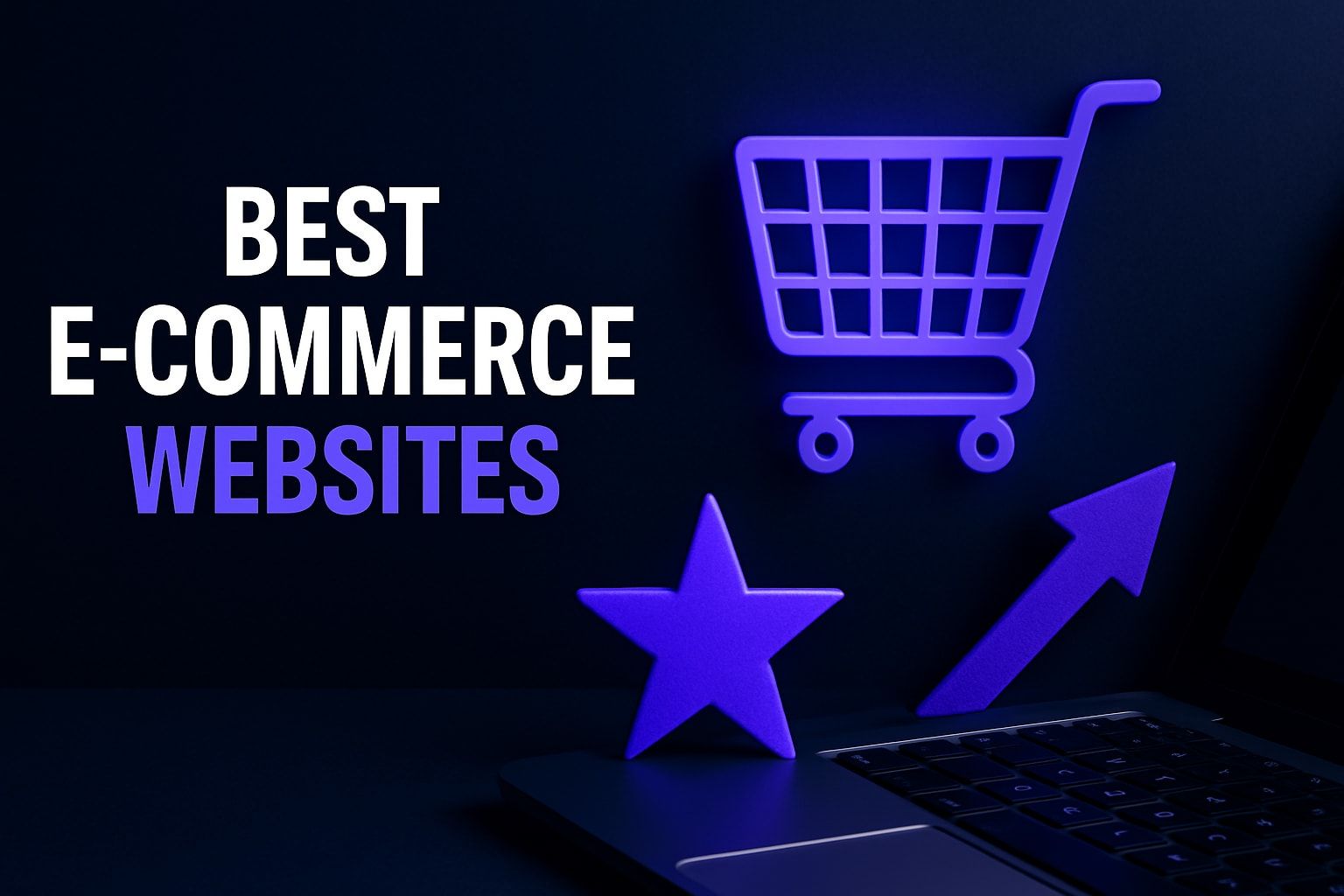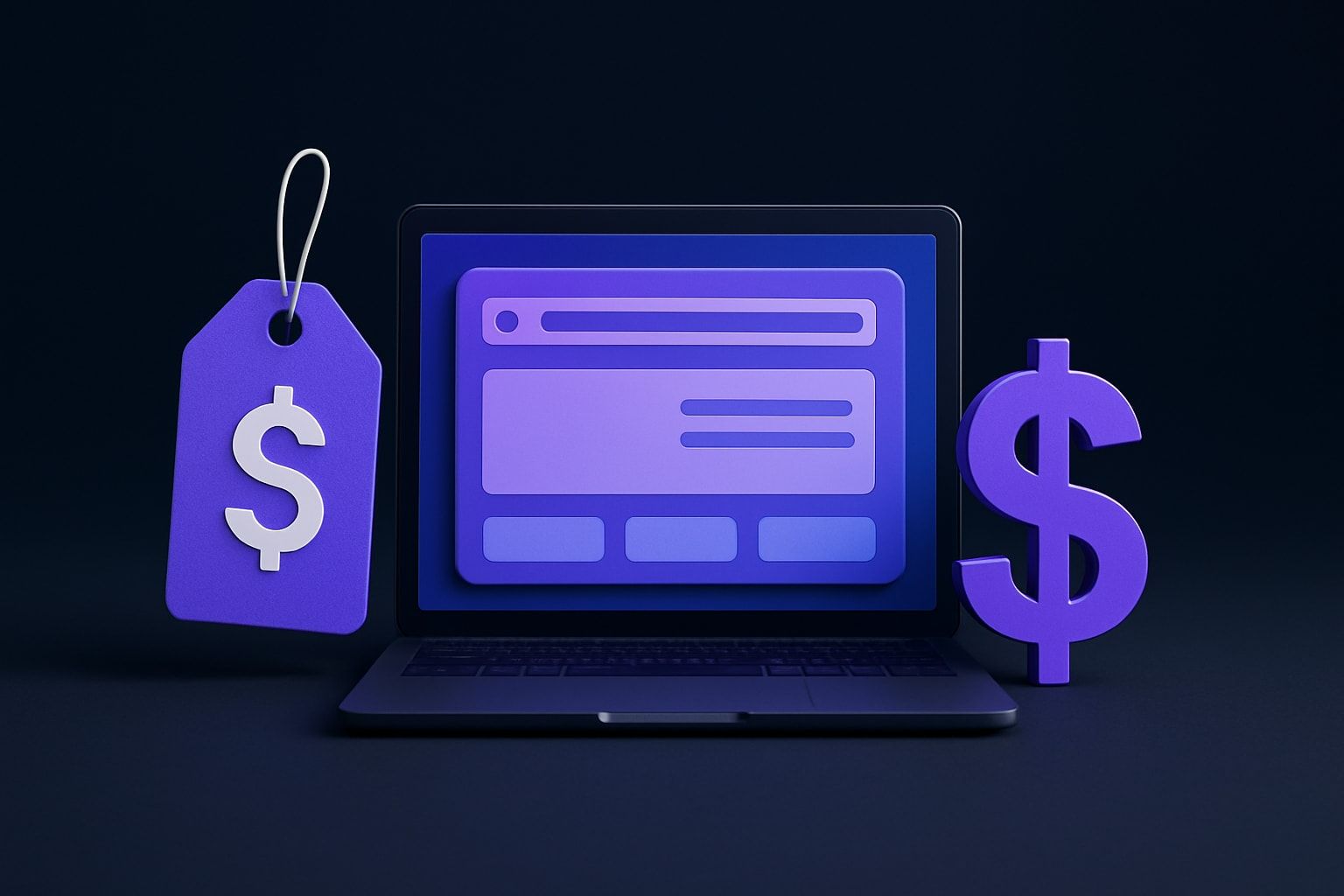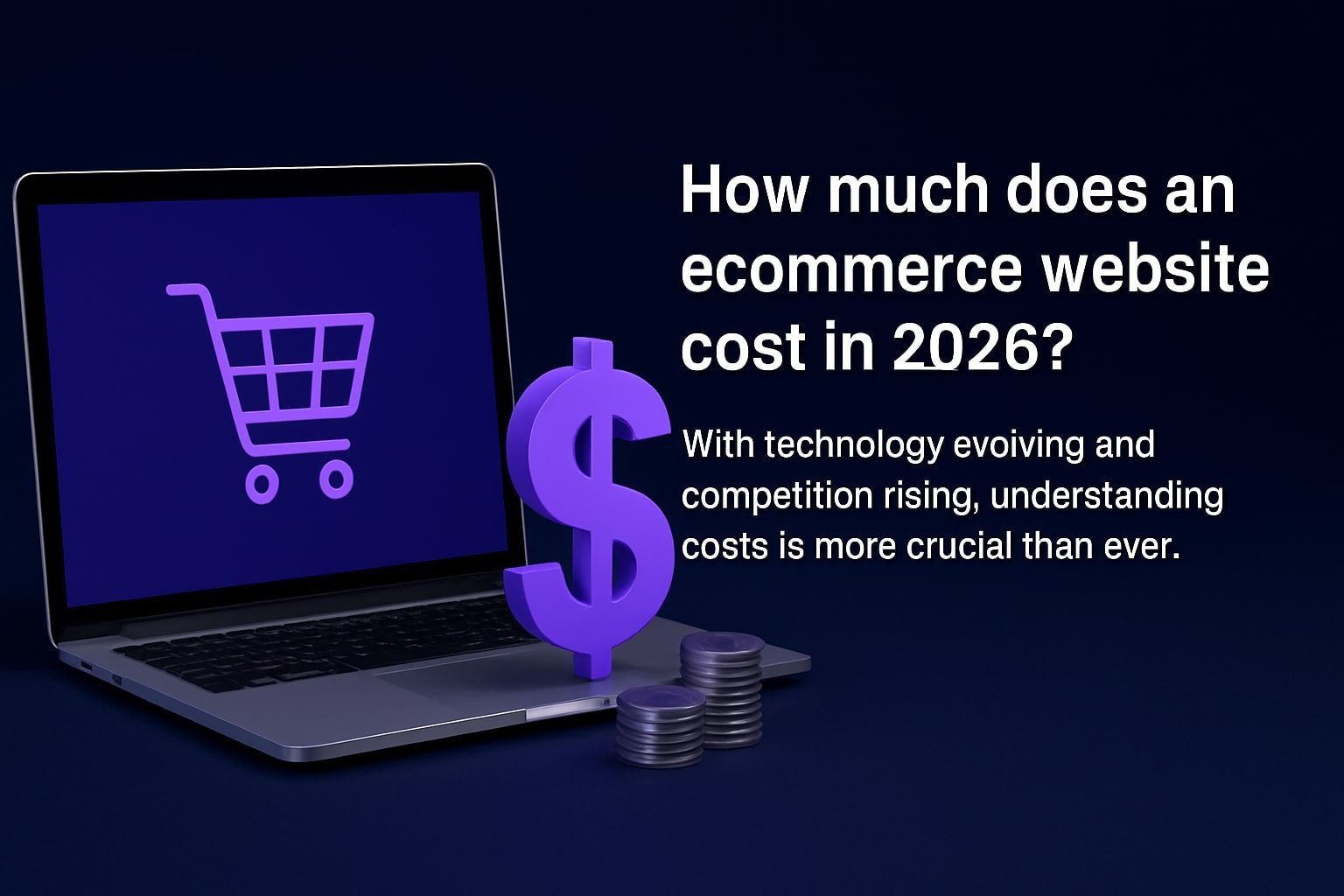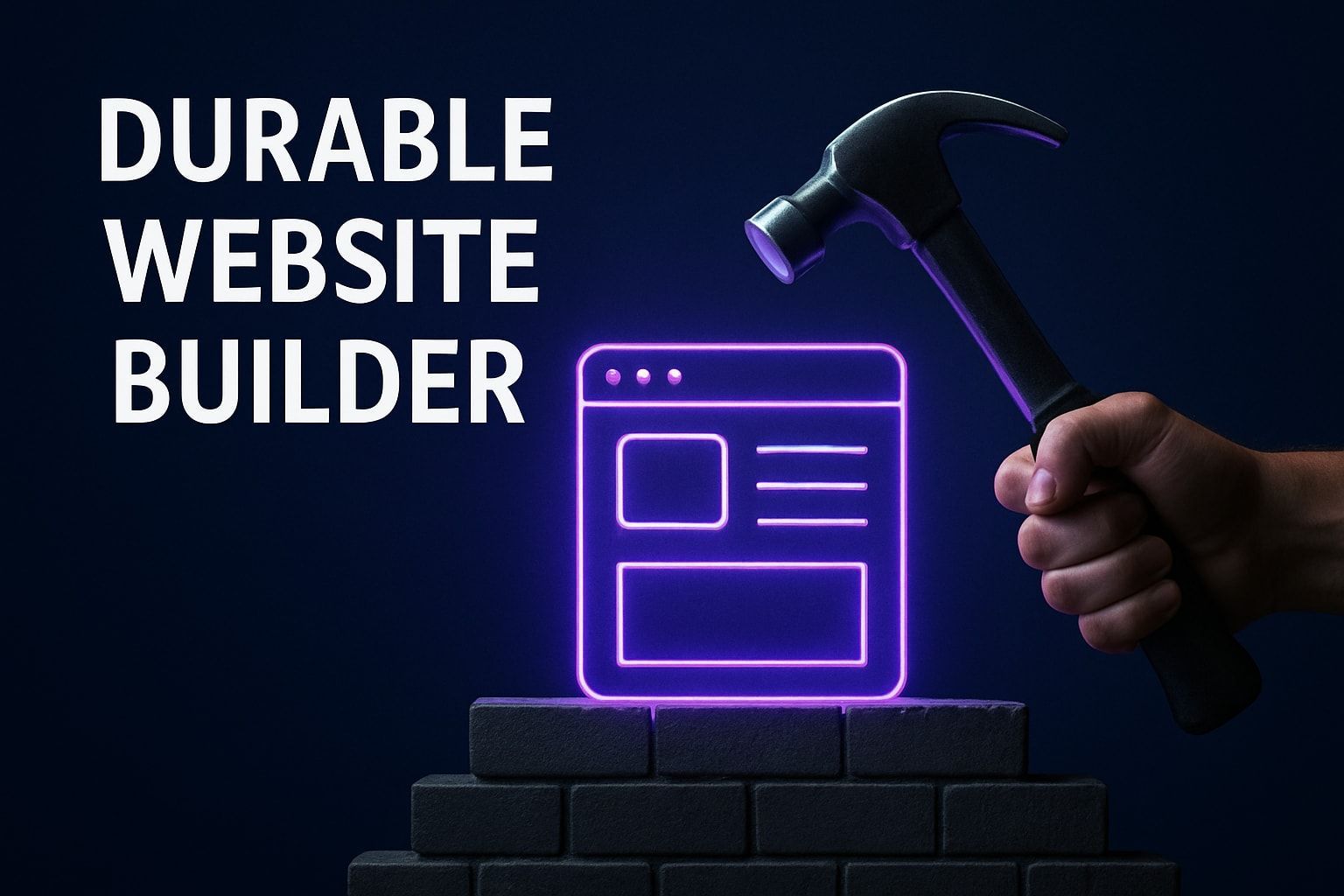What Are The Benefits of a Personal Website?
What is a Personal Website?
People often use personal websites as a CV when applying for a new job. For instance, artists will have a home page with a basic bio and have a portfolio of their work on the other pages of the site. Many artists also use personal websites as portfolios for their work. Musicians are given the opportunity to release new songs or EP’s on their website for fans to find their music.

What Are the Benefits of a Personal Website?
1. Building your personal brand
2. Improves your chances of being employed
3. It's a way to showcase your portfolio digitally
4. Allows you to promote yourself and share knowledge
5. Accelerates your SEO
The content you create around your personal branding can work towards your SEO presence. Think about it — the blogs, videos, art, etc. that you create will contain keywords relating to other places you can be found online (i.e social media profiles and company websites etc). In addition, your website allows you to share links to other places on the internet where information about you and your work can be found. This is a great example of backlinks , which are important to SEO. The longer you have your personal website and the more active you are online, the better your SEO. As a result, people will find you easier. For more tips and tricks on improving your SEO, click HERE.
Start building your new website today
No credit of debit card required start building today




